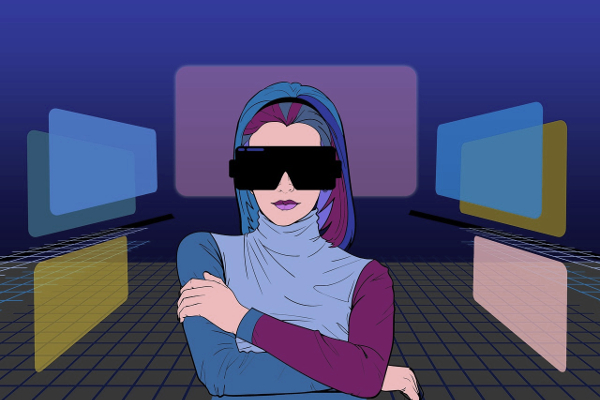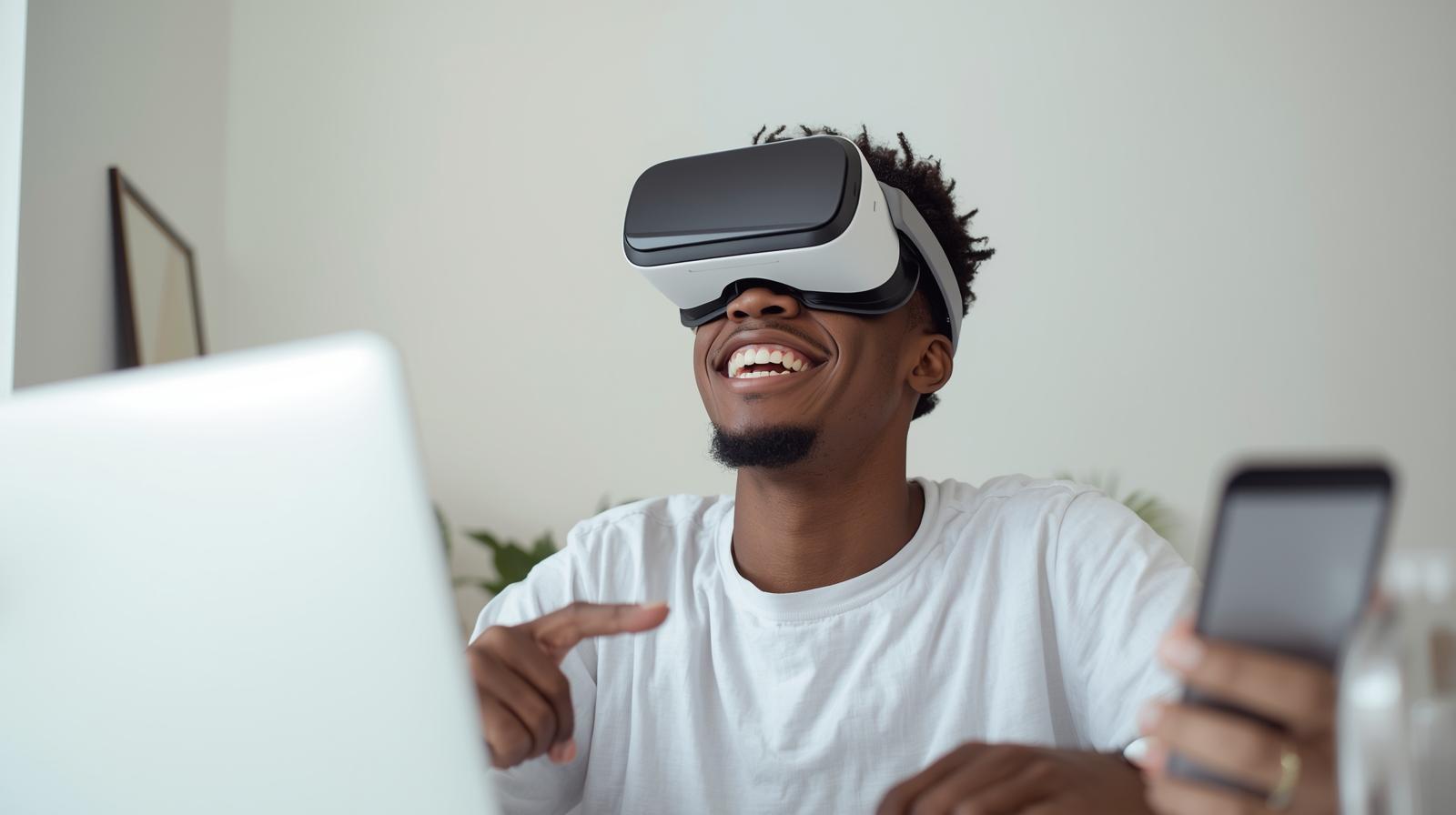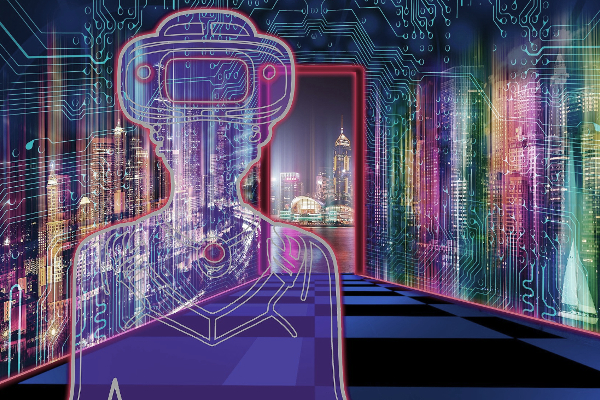 Most major crypto subreddits block posts from new profiles every day. Account age and karma decide who gets seen and who stays invisible. This mirrors how access works inside virtual worlds, where only avatars with enough reputation can enter premium zones.
Most major crypto subreddits block posts from new profiles every day. Account age and karma decide who gets seen and who stays invisible. This mirrors how access works inside virtual worlds, where only avatars with enough reputation can enter premium zones.
Metaverse builders understand this logic well. You cannot just walk into a Decentraland VIP district or a private VRChat crypto meetup with a fresh avatar. The same rule applies on Reddit. That is why many teams use Reddit accounts for your crypto projects as a practical way to speak inside trusted communities from day one. It is less about shortcuts and more about meeting entry requirements that already exist.
Reddit as the Social Layer of the Metaverse
Crypto culture lives on Reddit. From early token launches to DAO debates, Reddit threads often shape opinion before Discord or X picks it up. Subreddits like r/CryptoCurrency, r/ethfinance, and r/defi act like high-traffic plazas inside a virtual city. These spaces are gated for a reason. Moderators want real contributors, not spam. Karma works like reputation points. Account age works like proof of time spent in the world. Together, they signal trust. In metaverse terms, Reddit is the social teleport network. If your project cannot enter the room, your message never loads.
The Avatar Grind vs the Hyperjump
Anyone who has played a deep online game knows the grind. You complete tasks, earn points, and slowly unlock new zones. On Reddit, the grind looks like months of commenting, waiting, and hoping your post is not filtered. That process works, but it is slow. For fast-moving crypto projects, timing matters. Market cycles are short. Narratives shift fast. Missing the window can cost visibility. This is where aged Reddit accounts act like a hyperjump. They arrive with history. They meet minimum requirements. They let your voice load instantly inside high-trust spaces, without weeks of warming up.
Why Trust Signals Matter More Than Promotion
Crypto users are skeptical by default. They look at usernames, post history, and tone before they trust a message. A fresh account posting about a token often triggers doubt, even if the project is solid. An older profile feels different. It suggests experience. It suggests survival through past cycles. That perception changes how readers engage with your post. This is similar to how a seasoned avatar draws less suspicion in a virtual lounge. People listen first. Questions come later.
Responsible Use Builds Long-Term Value
Using aged Reddit accounts does not mean spamming. The smartest teams treat them as communication tools, not megaphones. They share insights, answer questions, and join real conversations. Over time, these profiles earn organic engagement. That compounds trust. The account becomes part of the community, not an outsider passing through.
Teleporting Across Communities Without Friction
The metaverse promise is frictionless movement. One identity, many worlds. Reddit works the same way. A single trusted profile can speak across multiple crypto subreddits, each with its own culture and rules. With aged Reddit accounts, projects can test messages, gather feedback, and adapt quickly. That flexibility matters when launching features, announcing partnerships, or responding to market shifts. Think of it as carrying a universal access badge. You still follow the rules of each space, but you are allowed through the door.
The Bigger Picture of Digital Reputation
As crypto and the metaverse grow closer, reputation becomes portable capital. Wallet history, DAO participation, and social presence all blend together. Reddit remains one of the strongest reputation filters on the open web. Understanding how to move within it is part of modern crypto strategy. In that sense, aged Reddit accounts are less about gaming the system and more about respecting how digital communities protect themselves.
READ ALSO: The Benefits and Challenges of Using VR in Schools
Conclusion: Your Passport to High-Trust Spaces
Every virtual world has gates. Every serious community sets entry rules. Crypto founders who see Reddit as a metaverse layer understand why reputation comes first. Used thoughtfully, aged Reddit accounts function like a passport. They let your project travel, speak, and be heard where real conversations happen. In a space where attention is scarce, that access can define whether your idea stays hidden or reaches the people who matter.





 Technology keeps changing how we explore the world and how we connect with people. Two tools that stand out today are virtual reality travel experiences and Instagram (IG) email extractors. They may seem different at first, but they both change the way we access places and reach audiences. Virtual reality gives us a new way to see destinations without leaving home. IG email extractor helps brands and creators reach the right people faster. Both tools support a digital world where access and convenience matter more each year.
Technology keeps changing how we explore the world and how we connect with people. Two tools that stand out today are virtual reality travel experiences and Instagram (IG) email extractors. They may seem different at first, but they both change the way we access places and reach audiences. Virtual reality gives us a new way to see destinations without leaving home. IG email extractor helps brands and creators reach the right people faster. Both tools support a digital world where access and convenience matter more each year.




